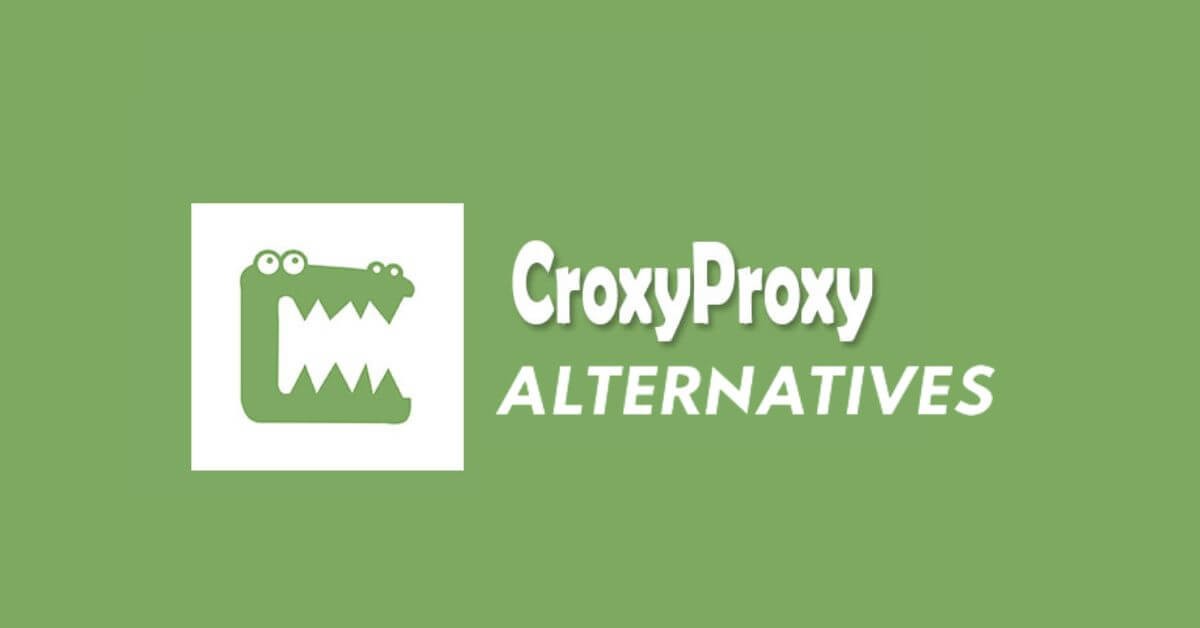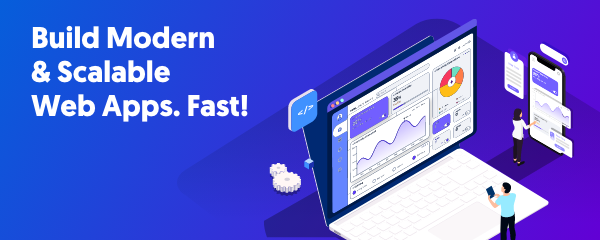While email became a widely adopted mode of communication in the late 1980s — the iconic AOL phrase ‘You’ve got mail!’ was first heard in 1989 — this method of communication continues to be extensively used today, both for personal and professional purposes.
Just how extensively? In 2022, over 333 billion emails were sent worldwide each day, according to a study by the Radiate Group, a technology-focused market research company based in Palo Alto, California. The volume is expected to grow by more than 4% each of the next three years.
Although your internet service provider may provide you with a free email address, having a free webmail account remains popular. You can connect from virtually any device, anywhere in the world, and access all your messages. You can also retain the same address if you move or decide to switch providers.
And did we mention it’s free? Services are paid for through targeted advertising revenue and other income sources for these companies. You won’t have to pay anything to sign up and use webmail services like Gmail, iCloud, Outlook, Proton Mail, Yahoo! Mail, and others.
However, with many webmail options available, knowing which one to use can be challenging. The following are some of the popular webmail services and what sets them apart from the rest.
Gmail: The biggest, offering impressive free features
The world’s largest webmail provider has around 1.5 billion active users and is available in 105 languages. Like Yahoo! and Outlook, Google’s Gmail has an exclusive mobile app as well as a website for logging in from anywhere.
What sets it apart: Unique features include powerful and accurate voice typing, reminders to follow up and respond to messages, the ability to ‘snooze’ and easily schedule messages to reappear later, an offline mode for reading emails without an internet connection, and the ability to open attachments without opening emails.
You can also join a Google Meet video call or conversation directly from your inbox. Gmail also effectively blocks phishing emails.
In March 2023, Google announced that it would soon be testing artificial intelligence (AI) features for Gmail that could help prioritize, summarize, and respond to messages.
- Tutorial: How to Create a Gmail Account Sign up!
Maximum attachment size: 25 megabytes (MB) per message, compared to the previous 15 MB. Like Yahoo! and Outlook, Gmail offers a paid version with advanced features as part of its Google Workspace suite.
Maximum mailbox size: 15 gigabytes (GB) total free storage, shared among Gmail, Google Drive, and Google Photos, with the option to purchase more for a monthly fee.
Privacy: Google states it does not scan or read your Gmail messages to show you ads — it used to before 2017 — but it displays personalized ads based on your online activities while logged into Google.
iCloud Mail: Not available for Android users
Apple’s iCloud Mail, free for all Apple account holders, can be accessed from a Mac computer, a PC, or an iOS app. However, Android users do not have a compatible app.
iCloud Mail is user-friendly, visually appealing, and, like many other webmail providers, secure and compatible with other email services if desired.
What sets it apart: iCloud Mail is excellent at detecting and sorting out spam, allowing you to set filter rules for certain types of messages, play specific sounds, move them to a folder, and automatically reply to messages. In addition to a robust spam filter, it offers a simple unsubscribe tab if it detects newsletters.
Maximum attachment size: 20 MB per message.
Maximum mailbox size: 5 GB for free, with the option to purchase more for a monthly fee.
Privacy: Apple claims that iCloud employs strict policies to protect your information, including end-to-end encryption. Apple scans iCloud messages to detect child sexual abuse material.
Outlook: A business essential, expanding its reach
Microsoft’s Outlook has been the go-to choice for businesses for decades and is part of the Microsoft 365 productivity suite. But Outlook.com is also a standalone, free website — and mobile app — succeeding what was once the popular Microsoft Hotmail.
What sets it apart: With a sleek and attractive interface, Outlook is a fully-equipped email platform that also includes a comprehensive calendar feature; and smart integration between the two. Outlook.com offers ‘Contacts,’ ‘Tasks,’ and other sections, as well as access to free web versions of Word, Excel, PowerPoint, and more.
Outlook.com is also highly accessible with optional voice-controlled navigation and compatibility across multiple assistive devices.
Following its $10,000 investment in OpenAI, the company that created the popular ChatGPT chatbot, now part of the Bing search engine, Microsoft announced in March 2023 that several AI features will soon be available in Outlook, as well as in Word, Excel, and other Microsoft applications. The new feature, called Copilot, will assist Outlook users in summarizing lengthy emails, suggesting replies, and more.
Maximum attachment size: 20 MB per message.
Maximum mailbox size: 15 GB, up to 100 GB with a business plan, or more with a Microsoft 365 subscription.
Privacy: Backed by enterprise-level security, Microsoft states that Outlook helps protect your privacy and keep your mailbox organized, using the same tools employed for commercial clients. All sent messages are encrypted for enhanced privacy.
Microsoft’s email is not scanned for advertising purposes; however, messages are scanned for viruses and spam.
Proton Mail: A lesser-known but secure solution
Considered one of the most secure solutions, Proton Mail uses end-to-end encryption and zero-knowledge encryption to protect messages, meaning no one can read your messages, nor are they shared with third parties.
What sets it apart: Created by engineers and scientists from the Massachusetts Institute of Technology and the European Organization for Nuclear Research (CERN), this email service is protected by Swiss privacy law. No personal information is required to create an email account, and it can be accessed on any device without installing any software. Proton Mail apps are available for iOS and Android devices.
Maximum attachment size: 25 GB per message.
Maximum mailbox size: 500 MB, expandable to 1 GB for free with certain actions, more with a paid plan.
Privacy: Email is fully integrated with an encrypted calendar, allowing you to maintain event privacy as well.”
Via: create new account










